On 1 January, 2025, Pakistan joined the United Nations Security Council (UNSC) as a non-permanent member.
Pakistan, which was elected to the UNSC, will serve a two-year-term.
Ambassador Munir Akram, Pakistan’s top diplomat at the UN, has said that the Pakistani delegation will play an “active and constructive” role in addressing key challenges facing the world.
“Our presence will be felt in the Security Council,” Ambassador Akram vowed.
But what do we know about Pakistan getting the seat? And what does it mean for India?
Let’s take a closer look:
What we know
First, let’s briefly examine the UNSC.
Based in New York, the UNSC is responsible for maintaining international peace and security among all 193 members of the UN.
The UNSC currently comprises 15 members – five permanent and 10 elected members which have two-year terms.
The United States, the United Kingdom, Russia, China and France are the permanent members of the UNSC – all of whom have the power of the veto.
Collectively, this group is called the P5.
Pakistan in June was elected to the UNSC as a non-permanent member – the eight time in the council’s history.
Though just 124 votes were required – a two-thirds majority – to elect Pakistan to the UNSC as a non-permanent member, the country received 182 votes.
As per Siasat.com, Pakistan got the backing of China, Saudi Arabia, Iran, Malaysia, the United Arab Emirates, Lebanon and Singapore after a fierce campaign.
As per Tribune, Pakistan was endorsed by the 53-member Asian Group in 2023.
As per The Hindu, Denmark, Greece, Panama and Somalia were the other countries elected to the UNSC.
Algeria, Guyana, South Korea, Sierra Leone and Slovenia are the other non-permanent members.
The terms of Japan, Ecuador, Malta, Mozambique and Switzerland ended on 31 December.
Pakistan replaced Japan, which currently occupies the Asian seat in the Security Council, a primary instrument for establishing and maintaining international peace.
It earlier sat on the council in 2012-13, 2003-04, 1993-94, 1983-84, 1976-77, 1968-69 and 1952-53.
What it means for India
This is not a favourable development for India – which has been trying to become a permanent member of the UNSC for ages and reform the council.
As per NDTV, Pakistan will likely use every trick in the book to deny New Delhi its seat as a permanent member of the UNSC.
Islamabad previously said it will stand against adding any new permanent members to the UNSC.
It instead said it would push for the non-permanent group to be expanded.
“Regular elections and rotation are essential for a democratic council,” Akram was quoted as saying by Dawn.
As The Hindu noted, half of the 10 elected members of UNSC are now from the Organisation of Islamic Cooperation (OIC).
As per NDTV, Pakistan will look to project itself as the ‘Voice of the Muslim World.'
Islamabad is also set to chair the UNSC in July – which will let it decide the agenda.
As per Siasiat.com, can then convene two Signature Events on topics of its choosing with high-level participation from both its own and invitees.
The balance of power will also see a subtle change with pro-Western Japan leaving as a non-permanent member and Pakistan being added to the council with China and Russia already part of the P5.
Pakistan is also likely to rake up the issue of Kashmir.
The outlet quoted Akram as saying that Islamabad “will continue to highlight” the Kashmir issue “and push for concrete steps from the international community.”
Economic Times reported that India will be looking to counter any moves by Pakistan on Kashmir with its allies and UNSC members from Europe.
Sources told the newspaper New Delhi is depending on support from Russia, France and the US to help it combat Pakistan’s manouvers on Kashmir.
Sources said India has kept in contact with some permanent members of UNSC over the issues that may be debated over the next two years.
India says Jammu and Kashmir is an integral part of its sovereign territory.
It considers it a domestic matter and thus opposes any international interference in the matter.
New Delhi says discussions regarding Kashmir should occur directly with Islamabad under the auspices of the 1972 Simla Agreement.
But that’s not all.
Islamabad also has a seat on the Islamic State (ISIS) and Al Qaeda Sanctions Committee, which is responsible for labelling individuals and groups as terrorists and imposing sanctions.
A piece in Dawn noted that non-permanent members of the UNSC have ‘significant influence’ because decisions are made by consensus under established norms.
“We look forward to working closely with other members of the UN Security Council and the broader UN membership to uphold the UN Charter and promote peace,” Akram was quoted as saying by Dawn.
“We enter the council at a time of great geopolitical turbulence, intense competition between the two largest powers, raging wars in Europe, the Middle East, Africa and elsewhere and a sharply escalating and multi-dimensional arms race,” Akram added.
“As a responsible State — the fifth largest by population — Pakistan will play an active and constructive role, in accordance with the UN Charter, to halt wars, promote the pacific settlement of disputes and contain the negative impacts of great power rivalries, the arms race, new weapons and domains of conflict as well as the spreading scourge of terrorism,” Akram added.
Deputy Prime Minister and Minister for Foreign Affairs Ishaq Dar said that Pakistan begins its term as a non-permanent member of the UNSC with a rich legacy of experience and commitment to the principles and purposes of the UN Charter.
He was addressing a reception hosted at the Ministry of Foreign Affairs, the Foreign Office said in a statement.
Dar said that Pakistan looked forward to “seeking just and peaceful resolution of situations on the agenda of the UN Security Council”.
“As a member of the council, Pakistan will continue to oppose the unilateral and illegal use or threat of force; combat terrorism in all its forms and manifestations; and support effective UN peacekeeping, and peacebuilding efforts,” he said.
With inputs from agencies


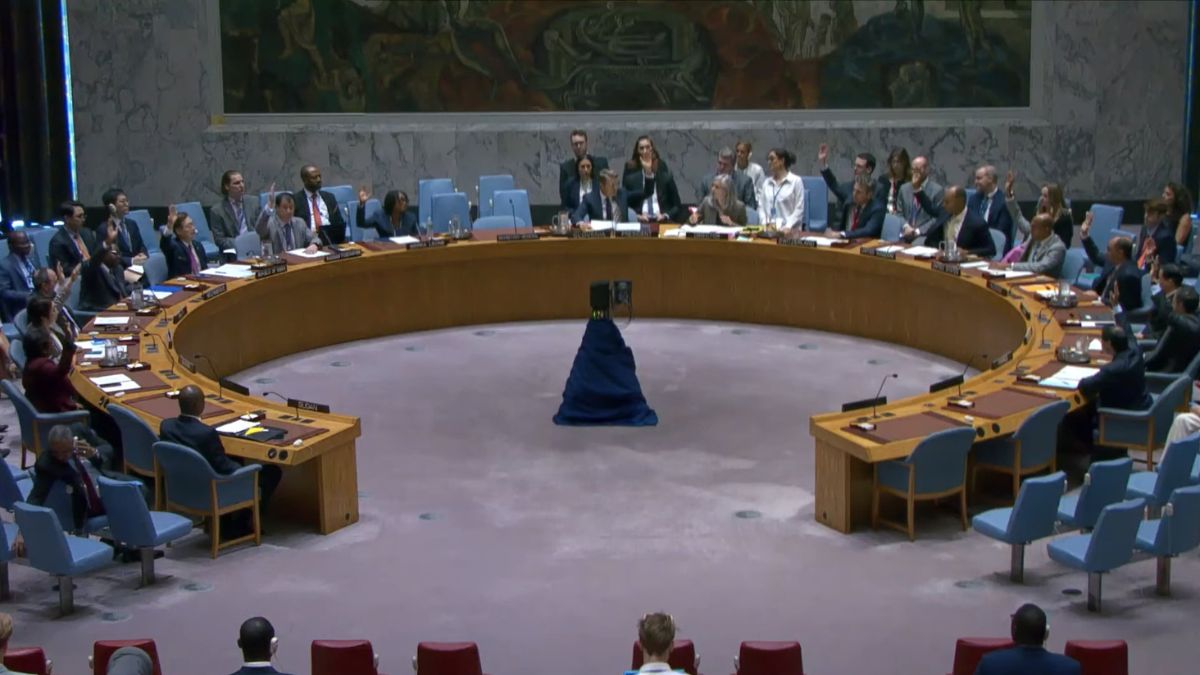)
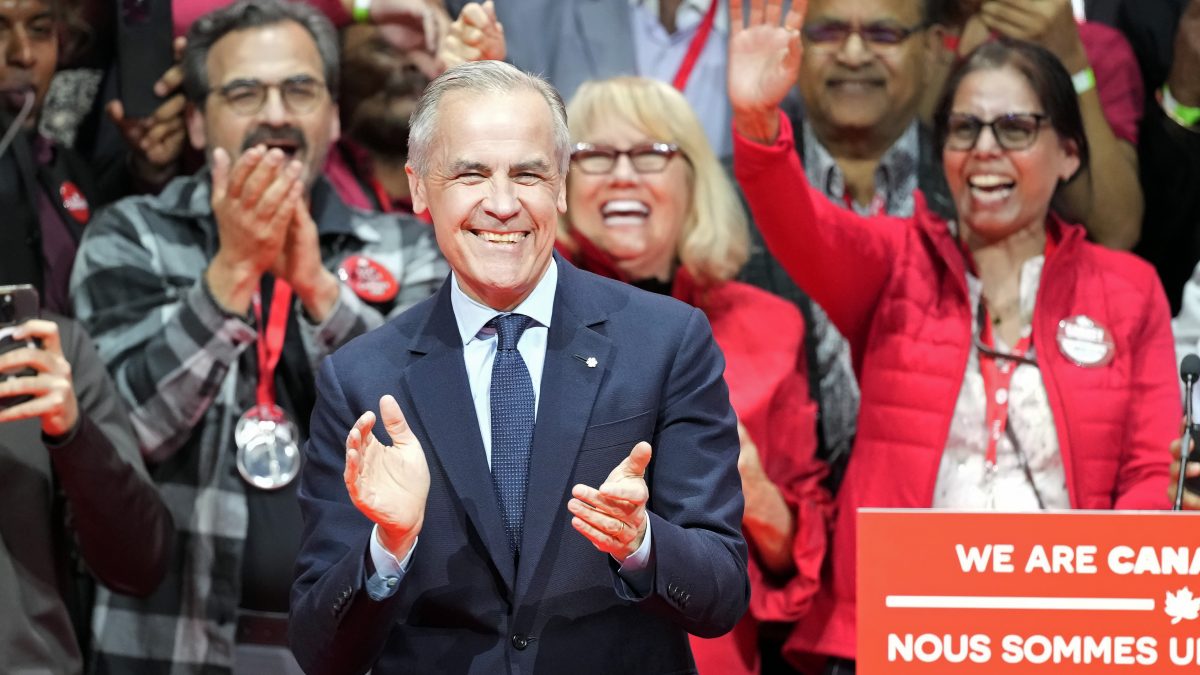)
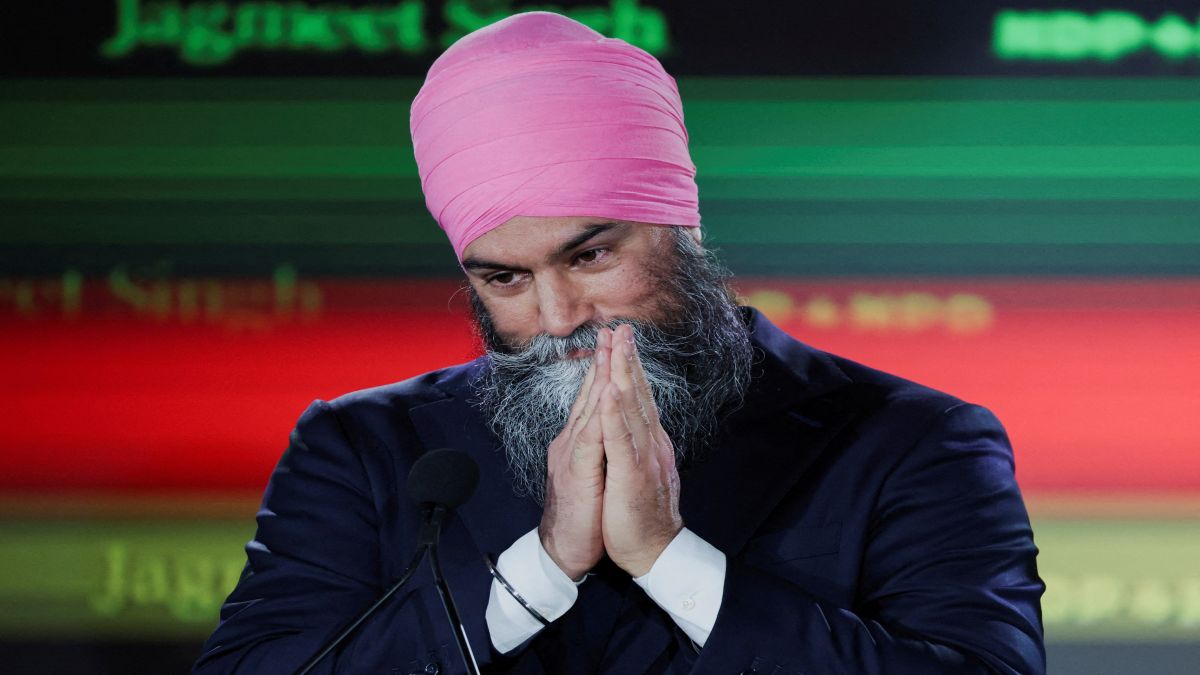)
)
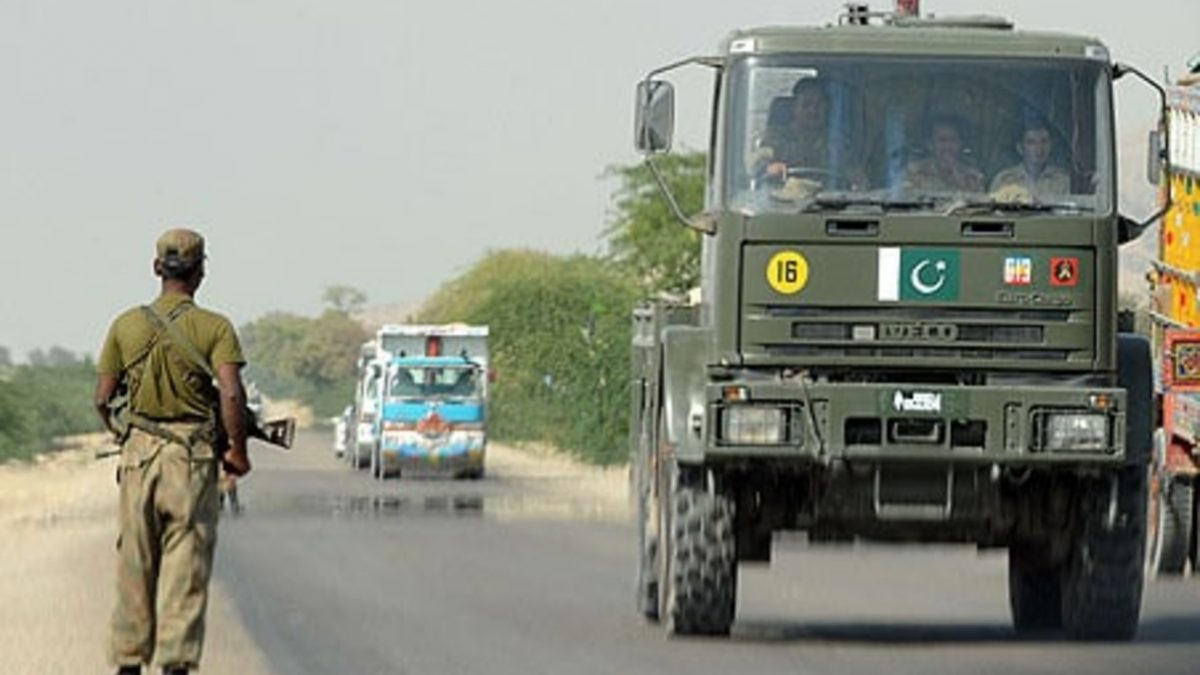)
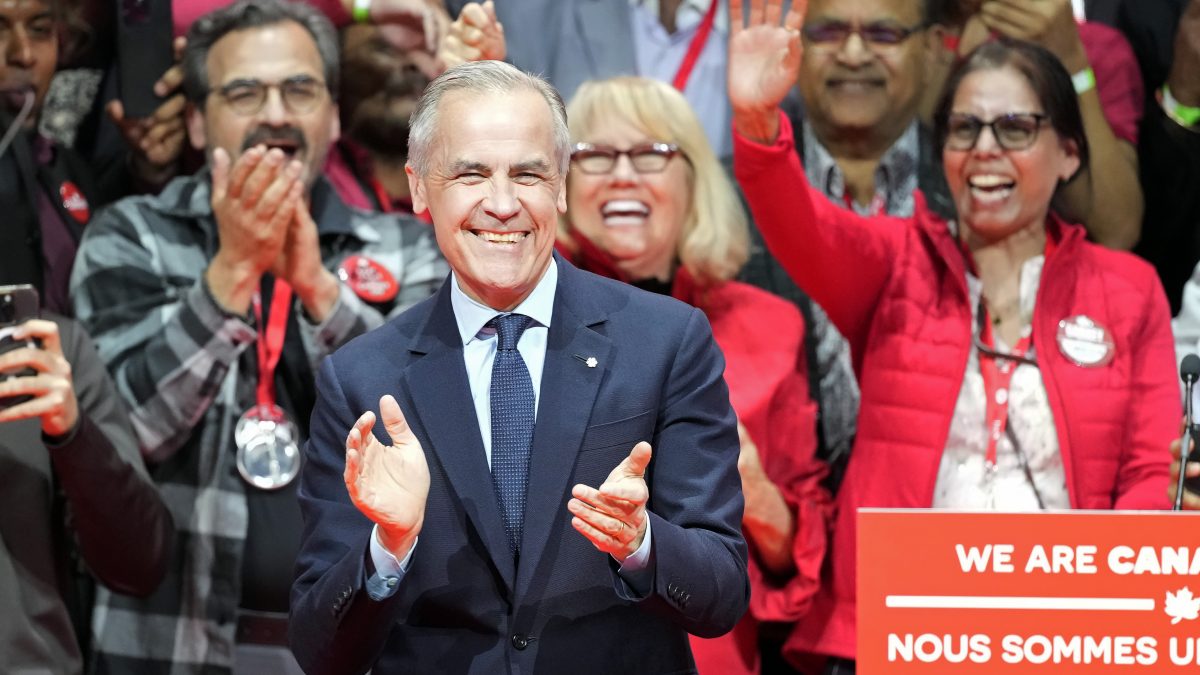)
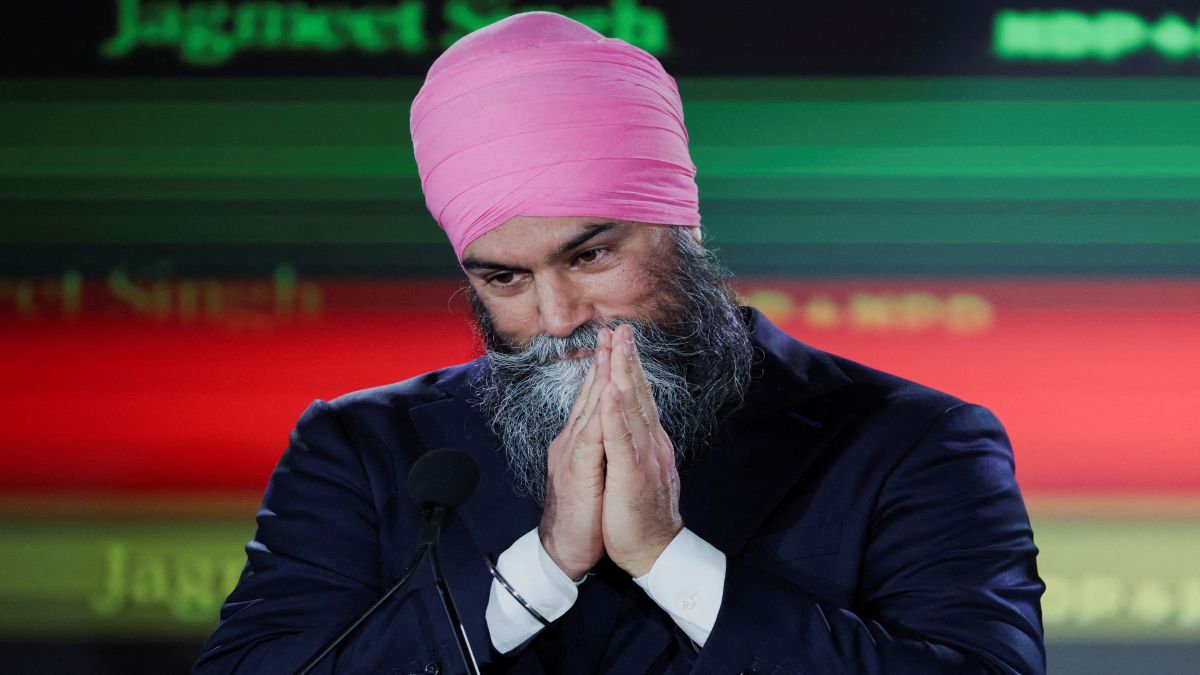)
)
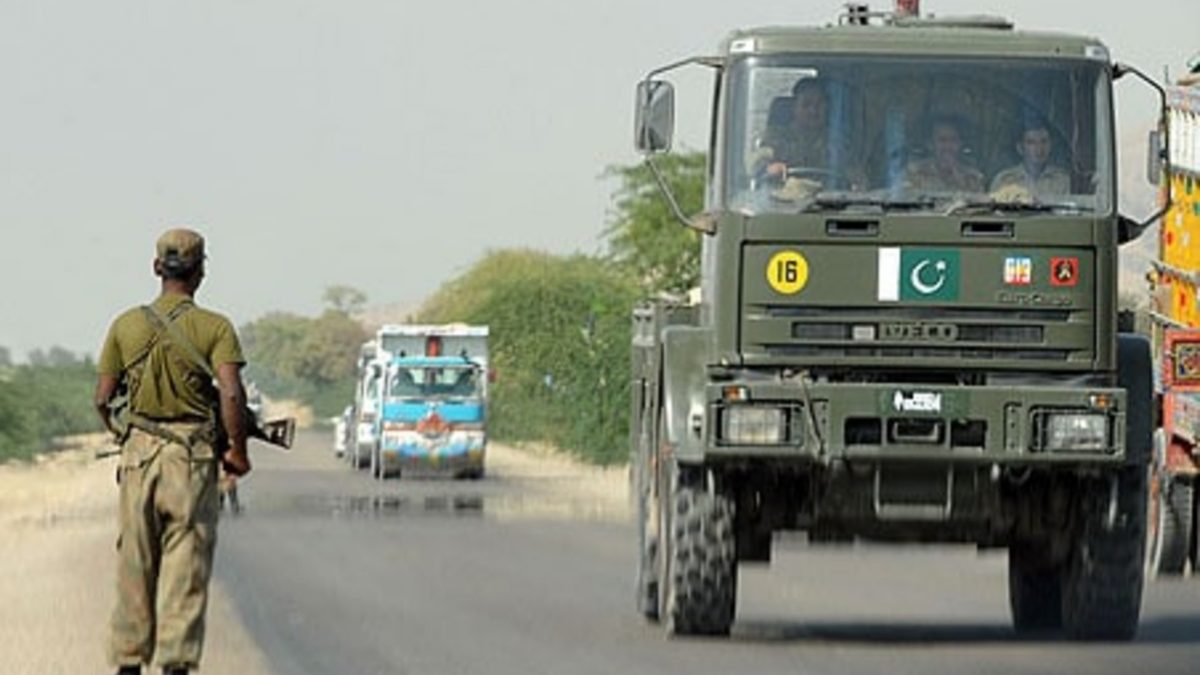)